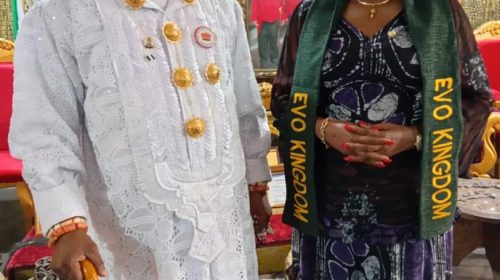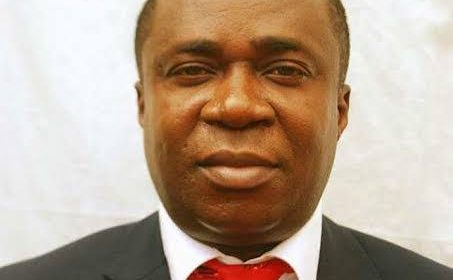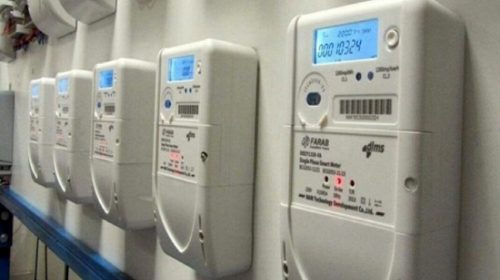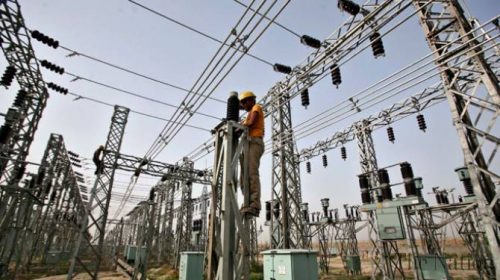U.S. Secretary of State Blinken condemns Putin’s attacks on civilians as “barbaric,” pledges ongoing support

> Any Use of This Material Must Credit CNN’s Amanpour < > WATCH FULL INTERVIEW ON CNN | READ MORE HERE < U.S. Secretary of State Antony Blinken strongly condemned the targeting of Ukrainian civilians by Russian President Vladimir Putin, calling it “barbaric,” and pledged that the United States and NATO allies would continue to support Kyiv in the face of a continuing Russian onslaught. “What we’ve been working to do is to make sure that at any given time, [the Ukrainians] have the most effective systems possible to deal with the threat that they’re facing,” he told CNN Chief International Anchor Christiane Amanpour. Blinken was speaking from Bucharest, Romania, where he is attending a meeting of NATO foreign ministers. “We met here not just with NATO allies, but with the G7 countries and some other countries, to put in place a very coordinated process to make sure that we’re getting Ukraine what it needs to get through the winter – to make sure that men, women, children are not literally freezing to death,” he explained. “This is the brutalization of a country,” he added. In the wide-ranging interview, Blinken also discussed U.S. relations with China, reaffirmed support for those protesting in Iran, and commented on the significance of French President Macron’s state visit to the U.S. this week. Key quotes from Sec. Blinken: On the U.S. providing air defense systems to Ukraine: “We’re now very focused on air defense systems – and not just us, many other countries – and we’re working to make sure that the Ukrainians get those systems as quickly as possible, but also as effectively as possible, making sure that they’re trained on them, making sure that they have the ability to maintain them.” On whether the U.S. will supply Ukraine with ‘Patriot’ systems: “I’m not going to speak to specific systems, the Pentagon is focused on that. What we’ve been working to do is to make sure that at any given time, they have the most effective systems possible to deal with the threat that they’re facing.” On the Russian military’s tactic of targeting civilians: “Christiane, what we’re seeing, to put it in one word, is barbaric. And precisely because Putin is not able to succeed on the battlefield, he’s taking the war to Ukraine’s civilians, and he’s doing it in a very deliberate way: going after the entire energy and electric infrastructure, to turn off the lights, to turn off the water, to turn off the heat. And that at a time when of course Ukraine is heading into winter. The head of NATO Jens Stoltenberg talked about weaponizing winter, and that’s exactly what Putin is doing. It’s also why not only are we seized with making sure that Ukraine has the systems it needs to defend itself, we’re also seized with making sure that we’re doing everything possible – again, as quickly as possible – to help them repair and replace everything that’s being destroyed by the Russian onslaught.” On supporting the Ukrainians through the winter: “We met here in Bucharest not just with NATO allies, but with the G7 countries and some other countries, to put in place a very coordinated process to make sure that, as fast as we can, we’re getting Ukraine what it needs to get through the winter – to make sure that men, women, children are not literally freezing to death…This is the brutalization of a country and directly attacking everything its civilians, its citizens need to simply survive. And I hope that the world understands it and sees it that way. We’re seized with this and we’re acting on it to get Ukraine everything we possibly can to get through the winter.” On whether NATO will invest in Soviet-era weapon systems in Ukraine: “We’re looking at every option to make sure that, again, they get what they need and what can be most effective for them. Some of that does go to Soviet era systems that they’ve had in their inventory for decades and, for example, making sure that the ammunition is there for those systems. And in some cases, that may require producing things that haven’t been produced for some time.” On the U.S. response to the Iranian regime’s crackdown on protesters: “We’ve taken steps, as you know, to sanction those who’ve been responsible for trying to repress people peacefully protesting. We have worked as well to make sure that Iranians have, to the best of our ability, the communications technology that they need to continue to communicate with one another and to stay connected to the outside world.” “The main focus has to remain on the Iranian people. This is about what they want, what they need, what they expect.” On the causes of the protests in Iran: “One of the profound mistakes that the regime makes is to try to point the finger at others, at the United States, Europeans, claiming that we’re somehow responsible for instigating or otherwise fanning the flames of the protests. That is to profoundly, fundamentally misunderstand their own people.” On the U.S.-Iran World Cup match: “I watched the game last night, I think team USA performed remarkably. I also have to salute the performance of the Iranian players, throughout the tournament as well as in the game yesterday. And yes, it was a highly charged atmosphere, but I’m glad that the players actually had a chance to play the game and that we got the result that we got.” On managing the U.S.’ relationship with China: “Precisely because we’re in a competition with China, the potential for miscommunication, for not at least understanding what each other is trying to do, that’s something we have to guard against. And that’s necessary, particularly if, as President Biden has said, we want to ensure that the competition we’re engaged in does not veer into conflict. No one has an interest in that.” “It’s going to be up to China to decide whether it wants to participate in that kind of cooperation on things like climate, on global health, on the macroeconomic environment that we’re all living in as we try to get beyond Covid and pursue an economic recovery. We can’t decide that for China.” On the significance of French President Macron’s state visit to the U.S. this week: “I think the fact that President Macron is the first person the President is welcoming on a state visit speaks volumes about the importance that we attach to the relationship. Not only that, what I’ve seen over the past few years with France specifically, Europe more generally, including the European Union, is greater and greater convergence on the issues that matter most – whether it’s Ukraine, whether it’s the approach to China, whether it’s dealing with everything from climate to food insecurity to energy. And do we have differences on certain things? Of course. We always do but we always work through them.”







Leave a Reply